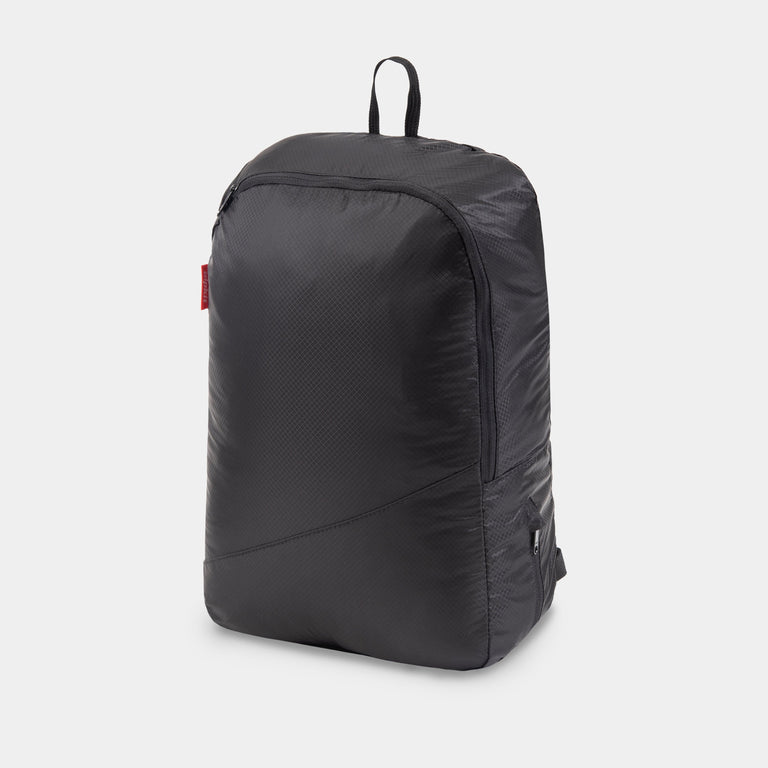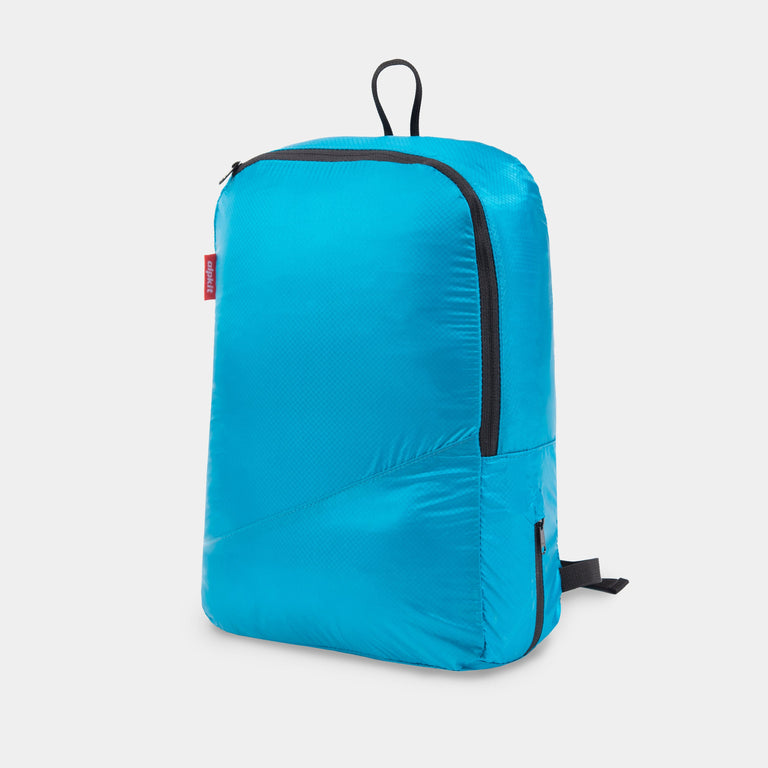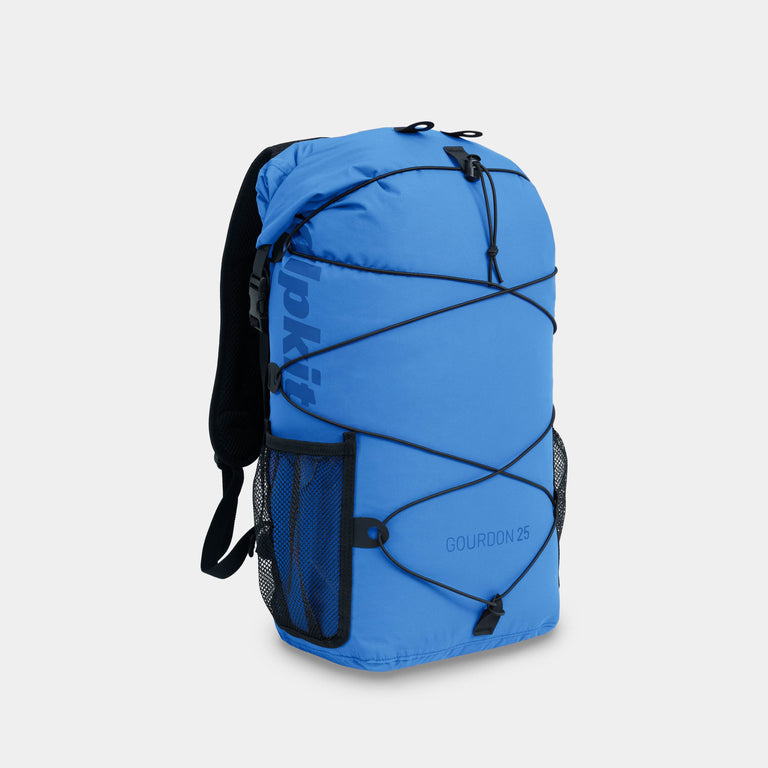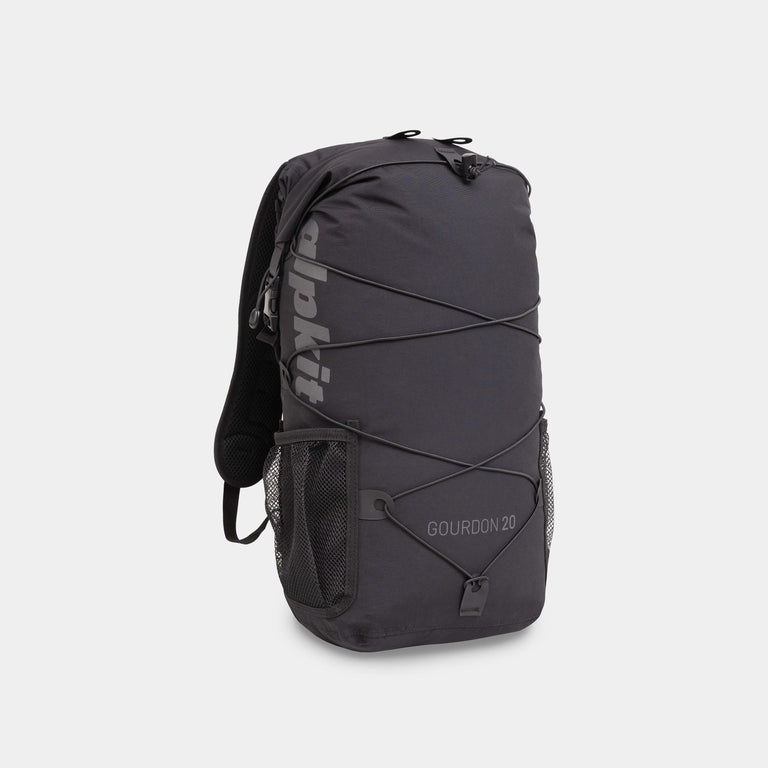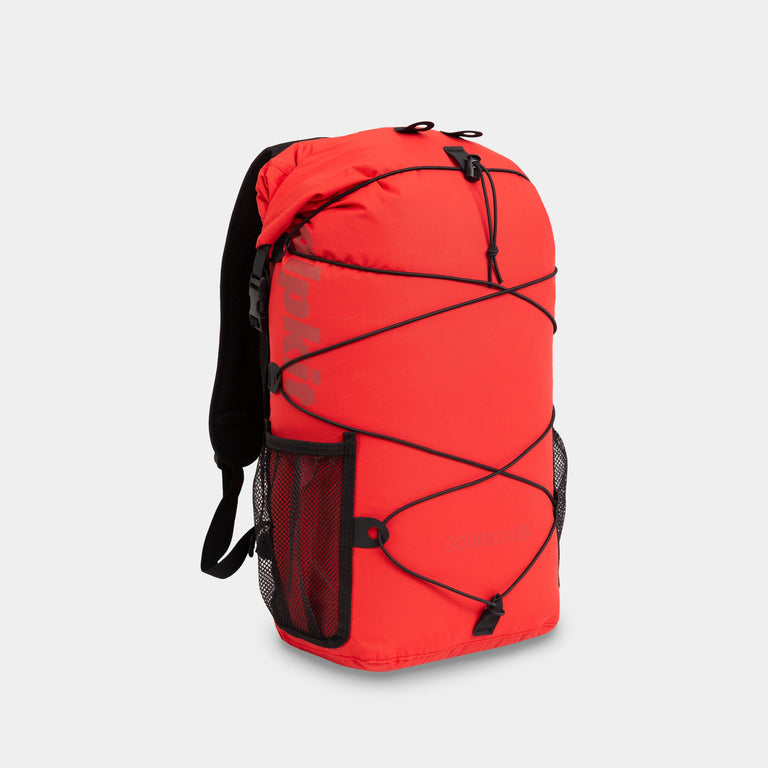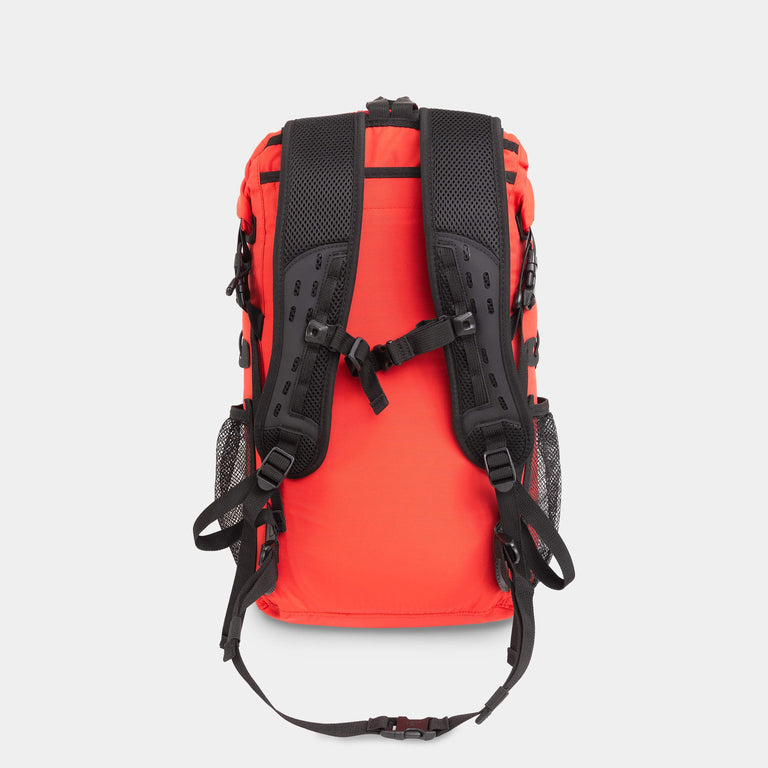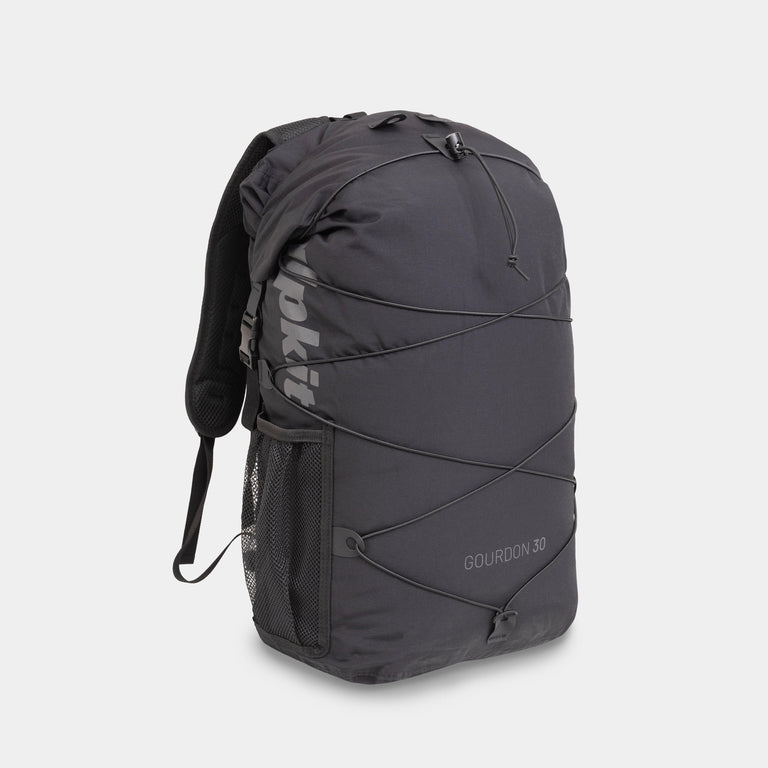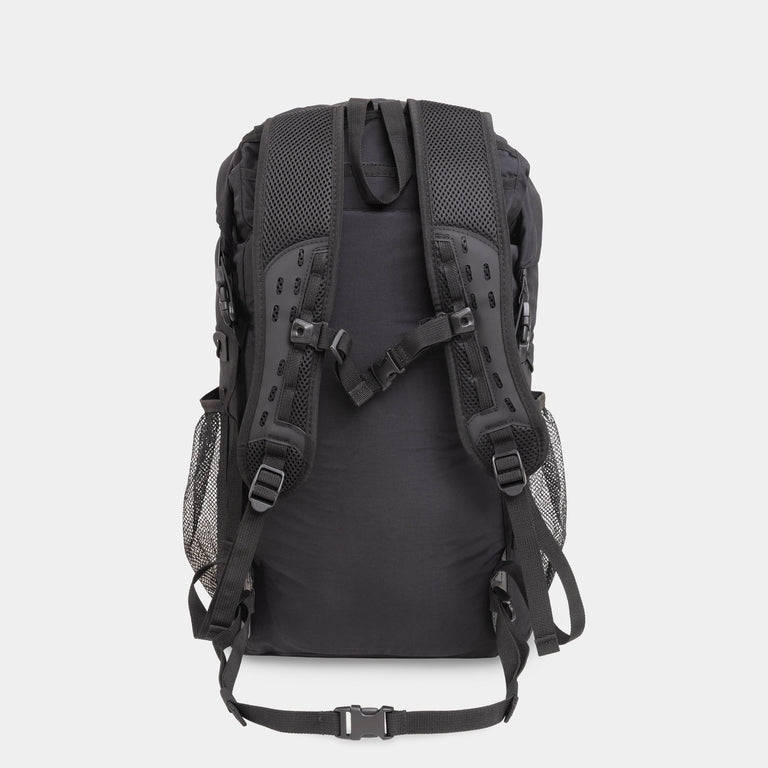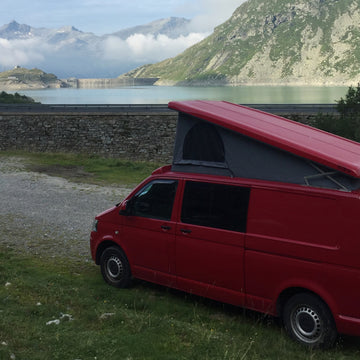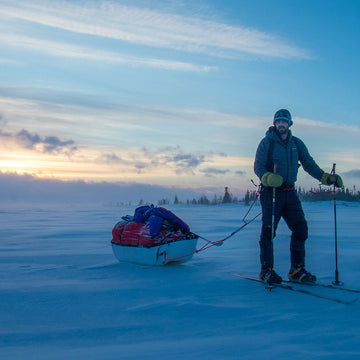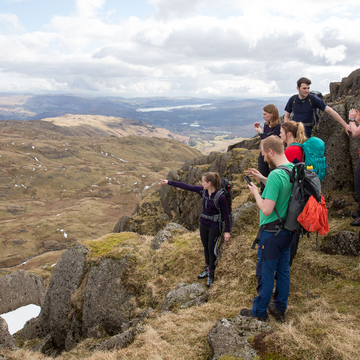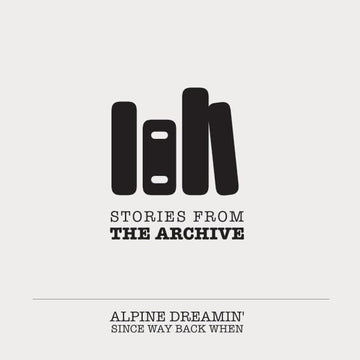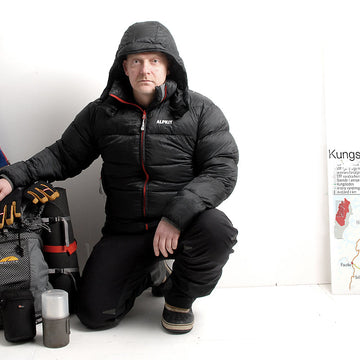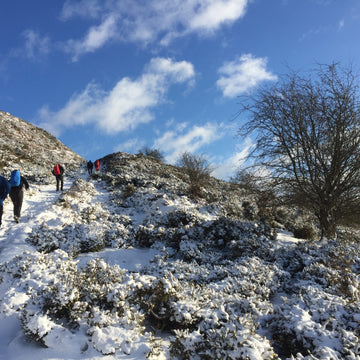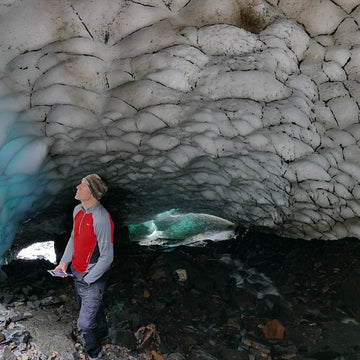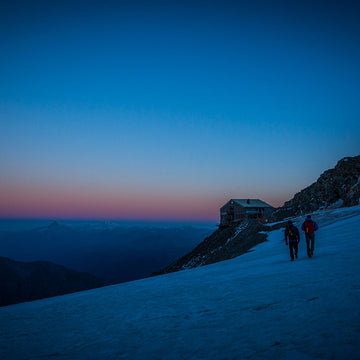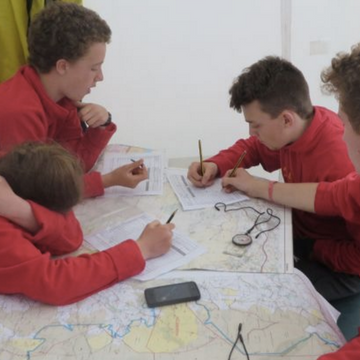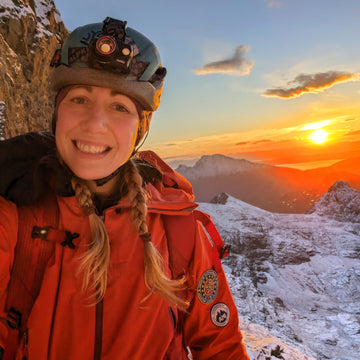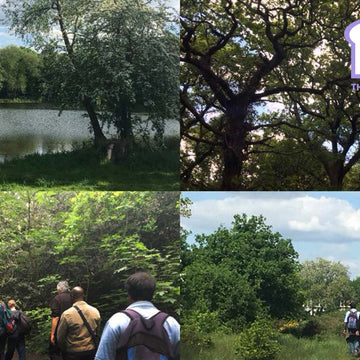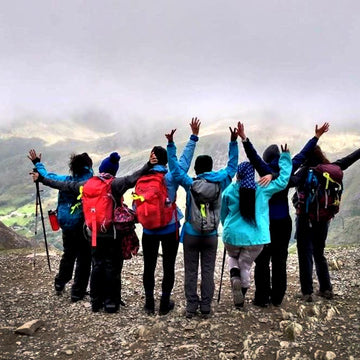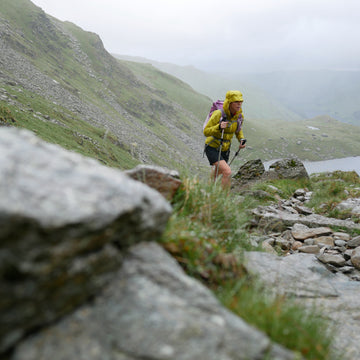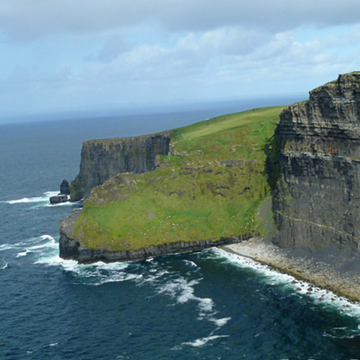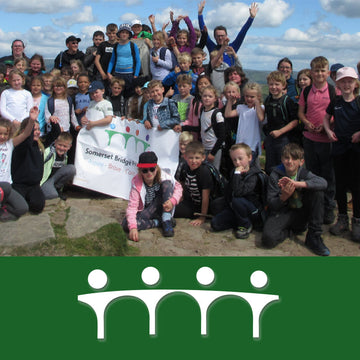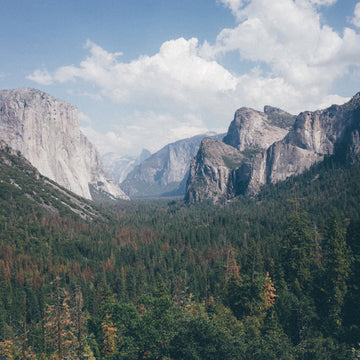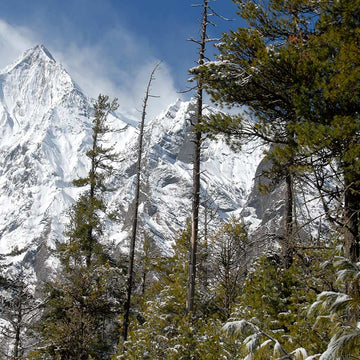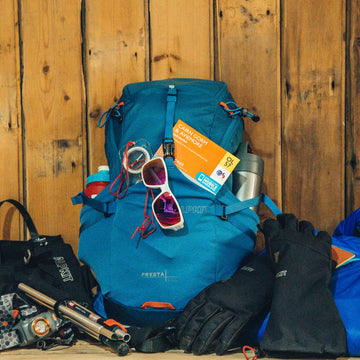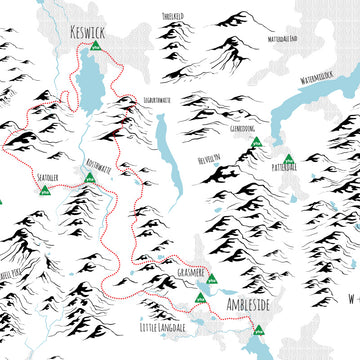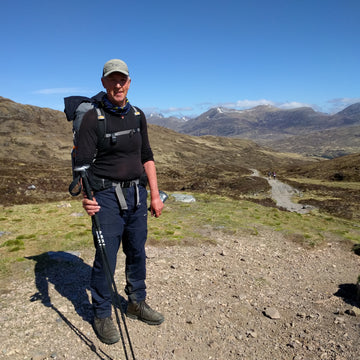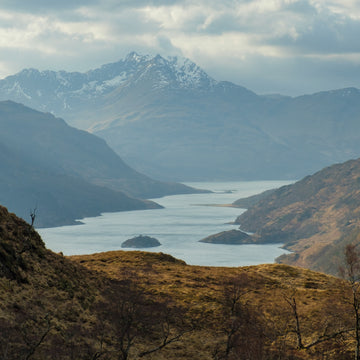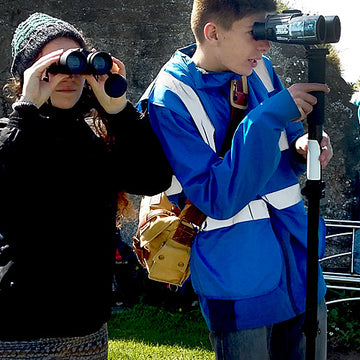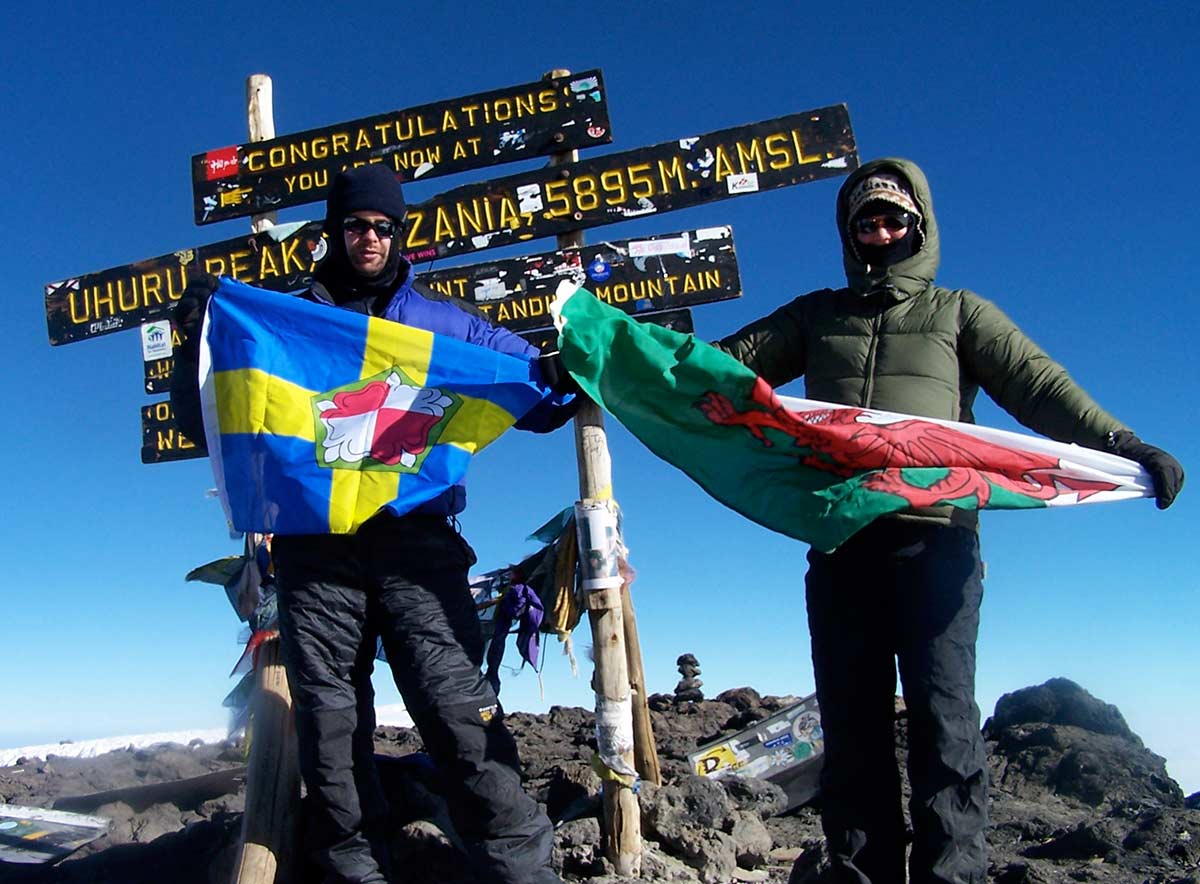
A Kilimanjaro trek demands the right blend of warmth and mobility. Pack smart to conquer Africa's tallest peak, where each step is part of a memorable journey.
If you are planning an exotic adventure, Mt. Kilimanjaro (a mighty 5895m above sea level, situated in North Tanzania), is the highest peak in Africa and may be one of the finest trekking peaks in the world.
Most climbers take 5-7 days to reach Uhuru Peak and use the opportunity to spend some time experiencing Africa.
Most routes up the mountain (apart from the Marangu route) will involve camping. If you use a company offering a package for flights and the climb, they will often offer you the use of a good quality tent and the help of Sherpas for getting your kit up to the higher camps.
You will be expected to carry your own 25-35 l bag during the days, with any extra kit being carried by the Sherpas. As with any expedition, having the right kit is essential and will be the difference between a comfortable trip or a very unpleasant experience.
Trekking routes up Kilimanjaro


A date with Kili
In February 2010 James and five friends commenced a 9 day trek to Mount Kilimanjaro (5895m) by the Lemosho route, one of the longest, most remote and quietest routes on the mountain. There are two options for sleeping on the climb: huts or camping in tents. James and his party were camping and consequently spent a lot of time finding out about the benefits of goosedown sleeping bag.
Which sleeping bag did James use climbing Kilimanjaro?
My 800 fill weight down bag was both comfortable and warm throughout the duration of the trip. At no point did I feel cold, or strange as it may sound, too warm during the early days of the trek. At 6.30am before our final ascent to the peak of Killi the lowest temperature we recorded was -21C and even at this extreme temperature the bag still felt good with a set of long johns and a base layer! So for me this bag met all the requirements for the trek. During the planning of the trek I was particularly worried that spending many nights at such temperatures would be too uncomfortable, but the truth is only one night is spent at anything near this extreme. Unless you are arranging your trip completely independently and hiring guides only, you are going to be accompanied by porters for the duration of your trek. Consequently they will be carrying your main kit which just leaves the weight of a day pack plus the 3 litre daily requirement of water! Although you may not have to carry your bag on the mountain remember that you will still have to carry it during transit. Some cheaper bags boasting a similar temperature range, especially synthetic bags, will be much bulkier and heavier to carry. Even though my down bag was able to cope with sub zero temperatures, weight and pack size were not compromised.

How did James carry his kit on Kili?
The porters put each clients backpack into a thick dry bag (along with tent and anything and everything from the mess table to the portable toilet) and proceeded to carry these on their heads whilst trekking up the mountain, usually at a quicker pace than the rest of us! We were particuarly lucky in that we had next to no rain during our time on the mountain, so for us the issue of sleeping bags becoming wet was not a problem. However, I suspect that by putting your sleeping bag in a dry bag you have an extra layer of security. All of the porters we saw seemed to have the dry bags as standard. As a day pack I used a Gourdon 25L which was invaluable due the transparent strip on the face of the bag which gave me quick access to stuff whilst on the move.
What James wore when trekking Kilimanjaro
For myself and the rest of the group I travelled with, the experience of climbing Killi truly went beyond all our expectations and the kit I had with me during the trek really came to be a big part of this. To not feel cold at anytime was invaluable, and along with the down sleeping bag I would say the one piece of kit I can't recommend highly enough would be the Alpkit down jacket. Great for day walking as we got higher, a constant companion for the nights playing card in the mess tent, writing journals and the best pillow when not needed as an extra layer.
When to climb Kili
Forget what you know about the seasons, you are in the tropics now where summer and winter are replaced by rainy seasons and less rainy seasons. Go in a rainy season only if you have an unhealthy interest in the water cycle. In this case you will probably marvel at how it transform hard-packed soil into mud, forms thick cloud and transforms to snow and ice crystals as you ascend the mountain. Just don't expect to come home with a great slide show!
While rain is always going to be an issue when preparing your kit, the other major issue is temperature. The main concern here is the swings in temperature from say 30C at 4000m to sub-zero in a matter of a few minutes. The summit day is usually the coldest day where night time temperatures can plummet to -20C, which when you throw in some wind chill can feel like a Baltic -40C.
Dressing for the mountains has never been easy!
January to March - Day time temperatures tend to be colder than later in the year however the days can be clearer and more stable. There will be fewer climbers this time of year. The chances of rain increase towards the end of March.
April to June - Although it is the warmest season in Tanzania it can be hard to find guides at this time of year. and for a very good reason! It is rainy season.
June to October - The rainy season gives way to the busiest season on the mountain which peaks in August and September. Clear days and very cold nights. Things start changing in October with more frequent afternoon showers and thunderstorms.
November to January - It is now rainy season and the temperature will have dropped. Despite the worsening weather, mud, thick clouds and limited visibility the period around Christmas and New Year is the second peak climbing season on Kilimanjaro!
Kilimanjaro kit list
A summary of which products we think are most suitable for your Kilimanjaro climb.
Sleeping bag
A down fill provides the best warmth/weight ratio with excellent compressibility for a small pack size. However, you must ensure to keep it dry (packing it into a dry bag during the day is probably safest) When down gets wet, it loses all thermal efficiency.
You are going to be trekking from bushland/rainforest conditions lower down all the way up to alpine desert/arctic conditions at the top and so picking the right bag can be tricky. At the high camps, you want to have something with a comfort temperature rating down to about –10°C. Something like the PipeDream 600 or Skyehigh 900 bags are a good option. A liner is a good addition if you are an especially cold sleeper and to keep your sleeping bag smelling fresh for longer. Our Masson cotton liner is excellent value or our Mantua silk liner offers ultimate comfort.
Camping mat
You are going to want a decent mat to sleep on. Something with good thermal properties will be important during cold nights further up the route, but also comfortable enough for a whole weeks camping. Something like the Airo 180 would be ani deal lightweight option, or a Dirtbag if you can spare the extra weight.
- Airo 180
- Full length comfort, great value. Durable.
- Dirtbag
- Not the lightest but one of the most comfortable. Slim.
Tent
If you take your own tent, it will need to be able to deal with heavy storms, rocky ground, and potentially very cold temperatures. Something like the Kangri would be perfect to ensure a good night’s sleep.
Lighting
At camp, there are going to be a few other things you will need. A lamp, such as a Lampray, for in your tent at night will be essential, especially for leaving early on summit day when you will need to get ready in the dark. The Lampray will also charge your phone or camera from its built-in USB port, so you don't miss out on any of those picture moments!
You will also need a bright headtorch for getting around camp at night and essential for that pre-dawn summit day on the slopes of Kibo. We sell a range of torches; the Manta and Qark are great choices.
Remember not to forget those spare batteries for your head torch or you will be spending a lot of time in the dark!
Kit Bag
- DryDock 50
- If you need more space you probably have too much stuff!
- Gourdon 20
- Perfect day bag or for the transit through the airport.
- Airlok drybag
- An extra layer of security to keep your clothes and sleeping bag dry.

Clothing
Layering Systems
Having the right clothing is very important for the trek to keep you comfortable at all times throughout the varies climates you will travel through. A crucial part of this is going to be your boots: They need to be sturdy with good ankle support. A waterproof membrane (such as Gore Tex or similar) will keep your feet dry in wetter weather. Make sure you have worn in the boots before you get there, and bring some blister plasters just in case.
You will want sweat-wicking base layers/t-shirts such as those from our Kepler merino range. You will want 2 - 3 of these so opting for one of our bundles may be a good choice.
A good quality fleece, some comfortable and lightweight walking trousers, such as our Chilkoot softshell trousres, and a Fantom insulated down jacket. A warm jacket will be important to keep you comfortable at higher altitudes but also at camp in the evening as something comfortable and insulating to slip on.
Underwear
Some comfortable underwear is essential as well as some good quality walking socks such as our Ushbar walking socks or Talus. Some Long Johns and thermal gloves will be handy for higher up on the mountain and the cold summit day.
Food & Drink
On most trips you will be provided with food and hot drinks at camp but you will need a good water flask or hydration bladder throughout the day. You will be losing water just from breathing at altitude and sweating plenty whilst climbing, so staying hydrated is essential. Severe dehydration can help bring on Acute Mountain Sickness which in some cases will be enough to force you to descend to lower heights. It is worth taking some water purifying tablets with you to clean water, it won't taste great but at least it will be clean and the last thing you want on the mountain is a bad tummy!
Little Essential Extras
Other items you don’t want to forget:
Travel Towel – our Osmo is an uber lightweight option but not one for walking around in!
Basic toiletries (including loo roll)
High factor sun cream/chapstick (our Pro Balm lip balm is ace)
Sun hat
Logar Walking Gaiters (at certain times of year the dust can get everywhere).
A good quality pair of trekking poles, our Compact Hikers are an excellent compact, lightweight option.
You will need to talk to your doctor prior to leaving about Malaria tablets and other vaccinations you might need and he will start you on a course of medication. You will need to carry certificates of these vaccinations along with your visas and other travel documents.
Thinking carefully about what kit you are going to take will make your trip way more comfortable and ultimately increase your chances of making it to the summit! On the other hand, if you take the wrong gear, you could potentially put yourself in danger on the mountain and ruin what should be a fantastic experience.

